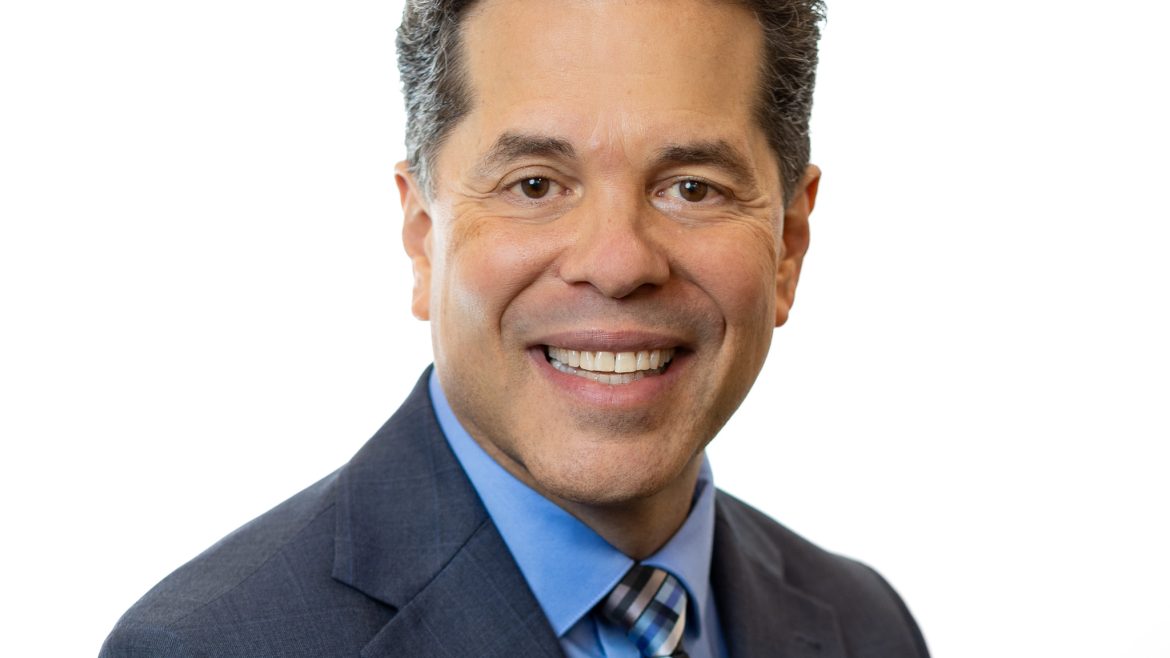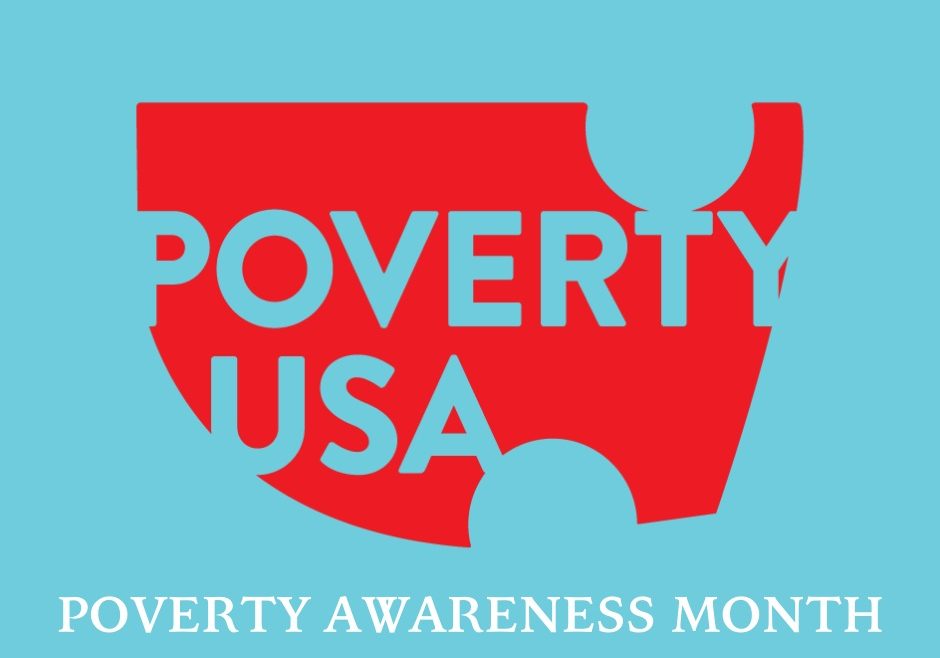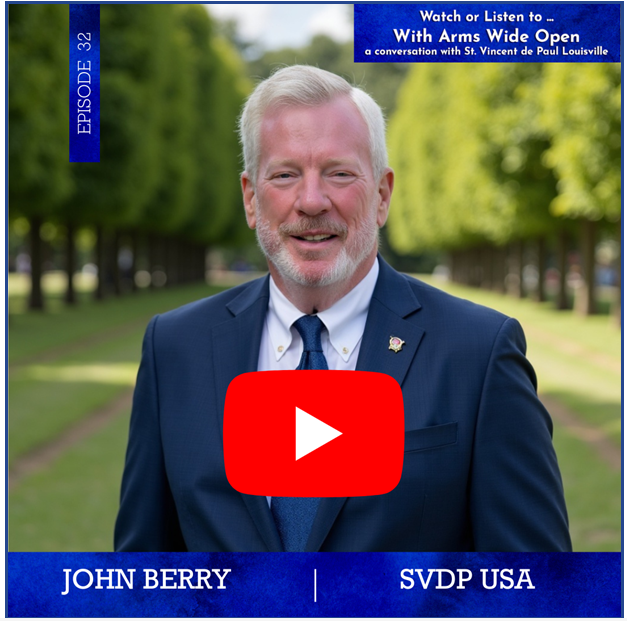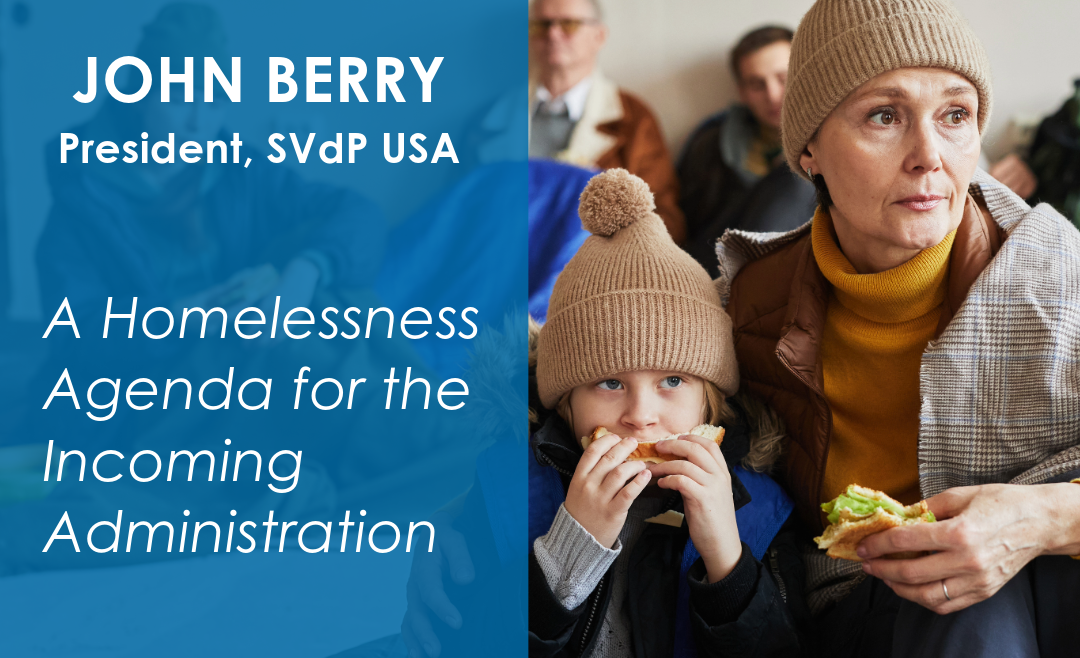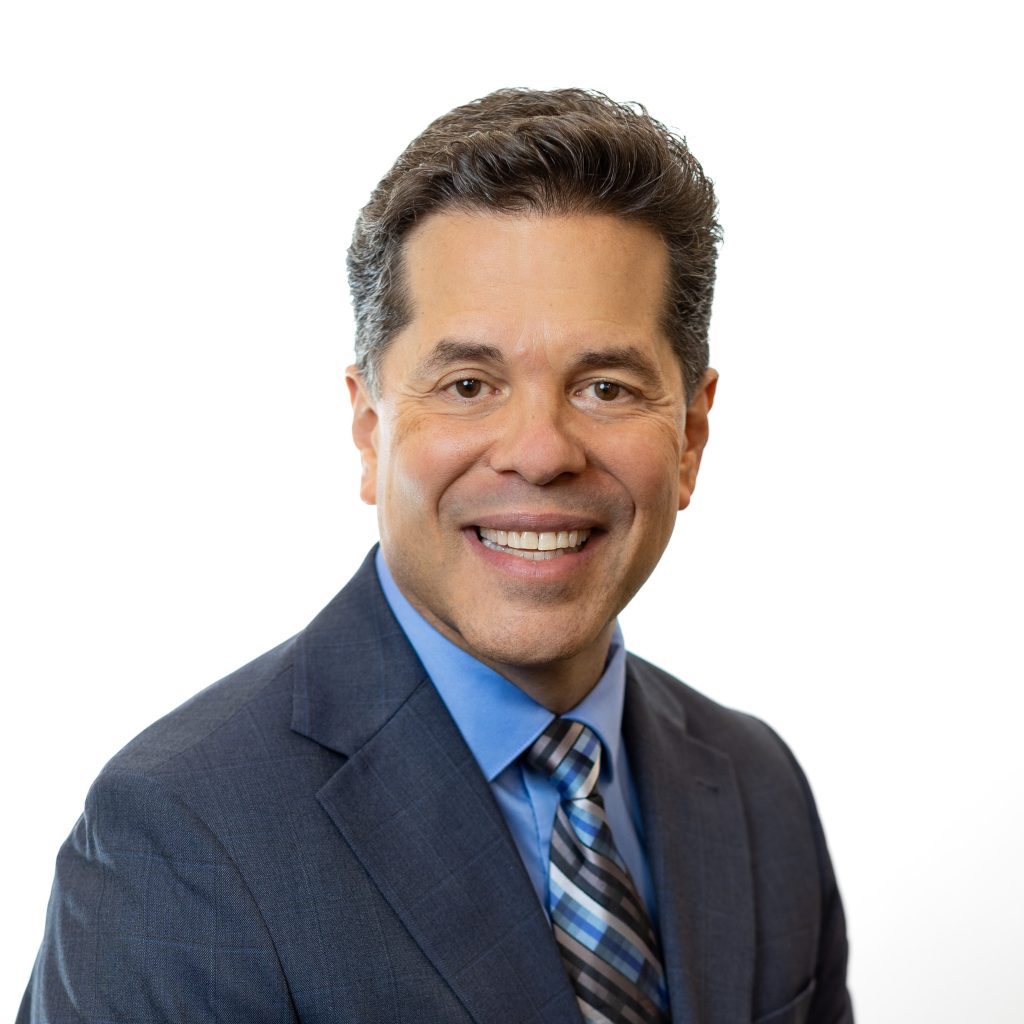
From the Bayou to CEO: Meet Michael Acaldo
MICHAEL ACALDO KNEW NOTHING ABOUT THE SOCIETY OF ST. VINCENT DE PAUL when he applied to lead SVdP Baton Rouge. He was graduating from Louisiana State University and just looking for a job. His father filled him in on the details.
“By some miracle, they decided to give the opportunity to someone with no real experience,” he says. Thirty-four years and 11 months later, it’s safe to say that things worked out well.
What Michael noticed right away was that his experience of knowing very little about SVdP was not uncommon. “The Society has been in Baton Rouge since 1865 . . .but there was not much public branding relative to what they did.”
Michael understood that raising awareness of SVdP was essential — both for raising funds and more importantly, for reaching people in need. “Part of the Vincentian spirit is one of humility. But it’s critical you get the word out because that’s what evangelizes for your organization!” he exclaims. “You rob people of that gift if you’re not open about [your work].”
Over the next few decades, Michael’s mission was to help SVdP Baton Rouge become a leader — in providing hot meals, establishing a comprehensive sheltering program, and working with SVdP Conferences all across the region to prevent homelessness. Under his watch, the Baton Rouge Council was SVdP’s first Council in the country to start a foundation and the first to have a community pharmacy. But he also made it a top priority to make sure that the public knew what SVdP was doing. Michael ran major campaigns with all the local television and radio stations over the years, building a reputation around the region that led to sustained fundraising success.
“WE WERE SO BLESSED TO SERVE CHRIST!” he reflects. “Some days we would serve 500 people in our dining room – that’s an opportunity to serve Christ 500 times. And it’s so uplifting to be a witness to 1,500 volunteers helping those in need each month. Both the Vincentian family and those we were blessed to serve — they both touched my soul and my heart.”
Now as the new CEO of SVdP USA, it’s this heart of Christian service that has kept him grounded. “Humility and spiritual growth are the foundation of everything we do,” he says. “And the more we grow spiritually, the more we realize we have to grow.” With God’s grace, SVdP will surely grow under his careful stewardship.

